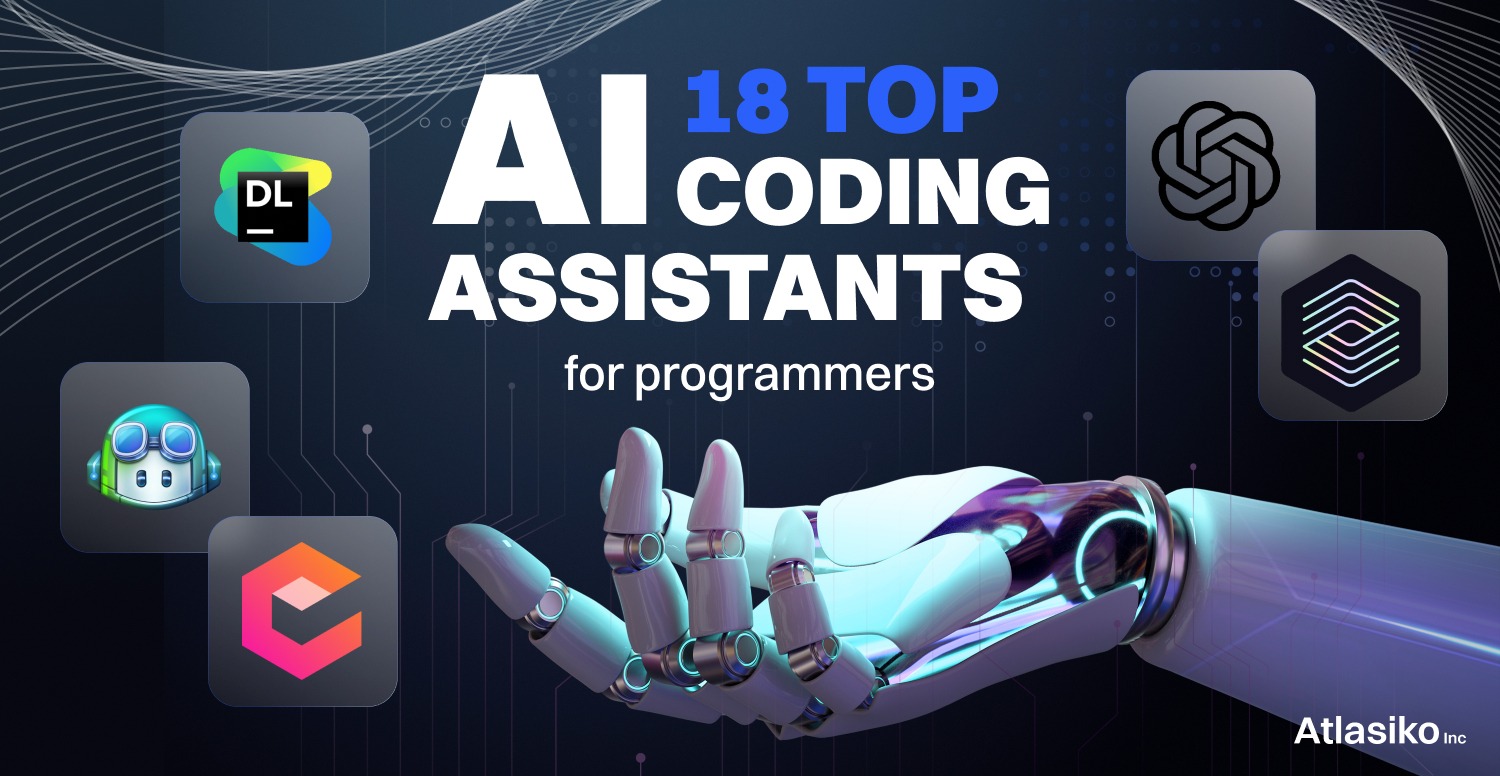
Meta Unveils AI-Driven Compiler for Software Development
The tech giant’s artificial intelligence research division has introduced the Meta Large Language Model Compiler, an open-source toolset designed to revolutionize code optimization. This innovative release aims to make the process of optimizing code more time-efficient and cost-effective for developers.
AI-Powered Code Optimization
According to the corresponding scientific paper by Meta’s systems research team, large language models (LLMs) can simplify the training process through their application in code and compiler optimization. This involves modifying software systems to make them more efficient or resource-effective. The researchers trained the LLM Compiler on a massive corpus of 546 billion tokens of LLVM Project and assembly code to enable it to understand compiler intermediate representations, assembly language, and optimization techniques.
AI-driven compiler technology
This comprehensive training enables the model to mimic traditional compiler tasks such as determining optimal code paths, predicting efficient code transformations, and disassembling code.
Performance and Efficiency
Meta’s researchers claim that the LLM Compiler’s enhanced comprehension allows it to perform tasks previously reserved for humans or specialized tools. During testing, it reportedly achieved 77% of the efficiency typically obtained through an autotuning search, underscoring its potential to significantly shorten compilation times and improve code performance.
The LLM Compiler also excelled in code disassembly tasks, achieving a 45% success rate in round-trip disassembly with 14% exact matches when converting x86_64 and ARM assembly back into LLVM-IR. This capability is valuable for maintaining legacy code and reverse engineering software.
Transforming Software Development
Chris Cummins, one of the project’s key contributors, highlighted the transformative potential of this new technology. The LLM Compiler offers pre-trained models in sizes of 7 billion and 13 billion parameters. Their effectiveness is demonstrated through fine-tuned models, paving the way for more rapid compile times, enhanced code efficiency, and novel tools to evaluate and optimize complex systems.
Meta AI research division
Meta’s decision to release the LLM Compiler under a permissive commercial license encourages both academic and industry developments. This open-access approach is expected to spur innovations in the field, even as it prompts reflection on the future roles of human software engineers in an increasingly AI-assisted environment.
The launch of the LLM Compiler represents a significant shift in compiler technology. Meta challenges both the academic and industrial sectors to explore AI’s further application in programming.
“The LLM Compiler offers a new avenue for exploring AI-powered compiler optimizations and enabling developers to realize faster code compilation times and more efficient code.” - Chris Cummins
While promising improvements in efficiency, the LLM Compiler also raises considerations about the future of software engineering and the role of human developers. This innovation suggests a major shift in how code optimization and compiler technologies are understood and implemented.
 AI coding assistants
AI coding assistants













